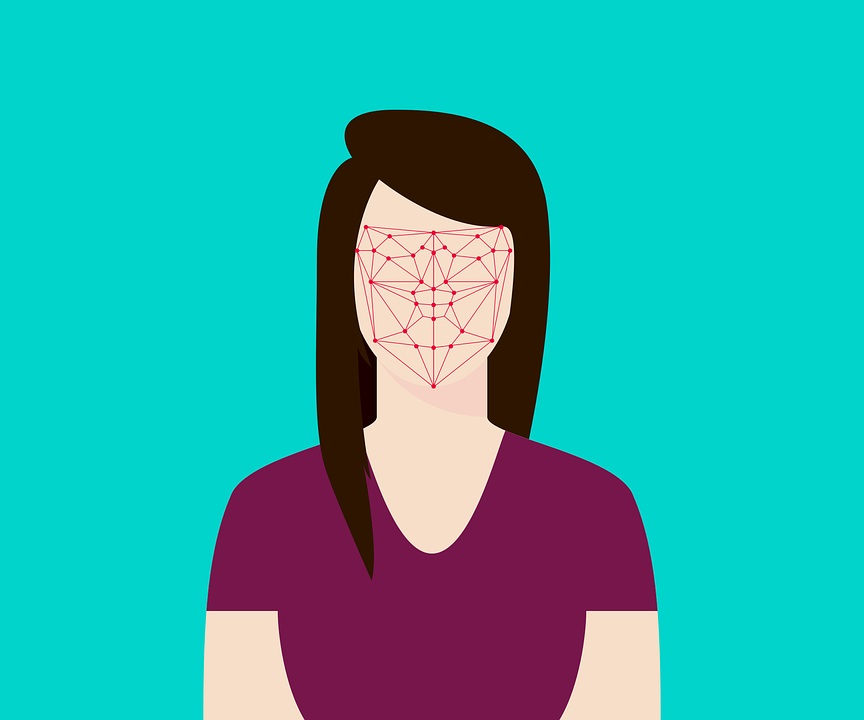Attempts are being made to bring facial recognition technology closer to consumers in a non-frightening manner. For example, social media websites can tag a person to an uploaded photo — within seconds — even if the uploader has thousands of other online friends. There has also been a conscious attempt among tech companies to deliver computers and smartphones that can authenticate payments and other tasks just by recognizing the owner’s face.
However, these efforts cannot overshadow the slew of reports concerning AI-powered facial recognition services that are borderline invading people’s privacy.
While these two perceptions of facial recognition are still up for debate, University of Toronto (U of T) Professor Parham Aarabi and alumnus Avishek Bose recently came up with what can be considered a remedy.
According to a press release, Aarabi and Bose led a group of U of T engineering researchers that formulated an algorithm to “disrupt facial recognition systems.”
As seen in facial recognition illustrations, machines scan a person’s face and produce a 3D map through a neural pattern that is specific to every face detection tech. This neural pattern is what is being disrupted by Aarabi and Bose’s invention.
The anti-facial recognition solution relies on a deep-learning method they call adversarial training. To achieve this, Aarabi and Bose’s team first needed to build a face detection technology and then the privacy filter that would attack and confuse it.
This process of fighting AI neural systems resulted in an “Instagram-like filter” that tweaks “very specific pixels in the image.” Bose further explained, “If the detection AI is looking for the corner of the eyes, for example, it adjusts the corner of the eyes so they’re less noticeable. It creates very subtle disturbances in the photo, but to the detector, they’re significant enough to fool the system.”
Aarabi and Bose tested their privacy filter on the industry standard dataset of 600 faces with “wide range of ethnicities, lighting conditions and environments.” From almost perfect face detection results, their AI-disruptive filter reportedly reduced the matches to 0.5 percent.
Researchers Build 'Privacy Filter' That Confuses Facial Recognition AI

Illustration of a facial recognition system. Image credit: teguhjatipras (CC0 1.0 Creative Commons) via Pixabay
Friday, June 1, 2018 8:49 AM UTC
Editor's Picks
- Market Data
Most Popular



 SpaceX Pushes for Early Stock Index Inclusion Ahead of Potential Record-Breaking IPO
SpaceX Pushes for Early Stock Index Inclusion Ahead of Potential Record-Breaking IPO  Nvidia Confirms Major OpenAI Investment Amid AI Funding Race
Nvidia Confirms Major OpenAI Investment Amid AI Funding Race  SpaceX Updates Starlink Privacy Policy to Allow AI Training as xAI Merger Talks and IPO Loom
SpaceX Updates Starlink Privacy Policy to Allow AI Training as xAI Merger Talks and IPO Loom  SpaceX Prioritizes Moon Mission Before Mars as Starship Development Accelerates
SpaceX Prioritizes Moon Mission Before Mars as Starship Development Accelerates  Nintendo Shares Slide After Earnings Miss Raises Switch 2 Margin Concerns
Nintendo Shares Slide After Earnings Miss Raises Switch 2 Margin Concerns  Global PC Makers Eye Chinese Memory Chip Suppliers Amid Ongoing Supply Crunch
Global PC Makers Eye Chinese Memory Chip Suppliers Amid Ongoing Supply Crunch  Alphabet’s Massive AI Spending Surge Signals Confidence in Google’s Growth Engine
Alphabet’s Massive AI Spending Surge Signals Confidence in Google’s Growth Engine  Jensen Huang Urges Taiwan Suppliers to Boost AI Chip Production Amid Surging Demand
Jensen Huang Urges Taiwan Suppliers to Boost AI Chip Production Amid Surging Demand  SoftBank Shares Slide After Arm Earnings Miss Fuels Tech Stock Sell-Off
SoftBank Shares Slide After Arm Earnings Miss Fuels Tech Stock Sell-Off  Amazon Stock Rebounds After Earnings as $200B Capex Plan Sparks AI Spending Debate
Amazon Stock Rebounds After Earnings as $200B Capex Plan Sparks AI Spending Debate  Nvidia CEO Jensen Huang Says AI Investment Boom Is Just Beginning as NVDA Shares Surge
Nvidia CEO Jensen Huang Says AI Investment Boom Is Just Beginning as NVDA Shares Surge  Instagram Outage Disrupts Thousands of U.S. Users
Instagram Outage Disrupts Thousands of U.S. Users  Elon Musk’s SpaceX Acquires xAI in Historic Deal Uniting Space and Artificial Intelligence
Elon Musk’s SpaceX Acquires xAI in Historic Deal Uniting Space and Artificial Intelligence  TSMC Eyes 3nm Chip Production in Japan with $17 Billion Kumamoto Investment
TSMC Eyes 3nm Chip Production in Japan with $17 Billion Kumamoto Investment  Sam Altman Reaffirms OpenAI’s Long-Term Commitment to NVIDIA Amid Chip Report
Sam Altman Reaffirms OpenAI’s Long-Term Commitment to NVIDIA Amid Chip Report  Elon Musk’s Empire: SpaceX, Tesla, and xAI Merger Talks Spark Investor Debate
Elon Musk’s Empire: SpaceX, Tesla, and xAI Merger Talks Spark Investor Debate 




























